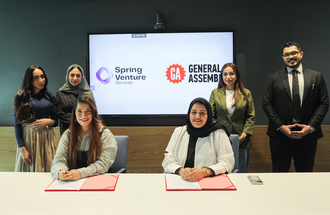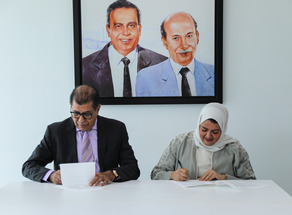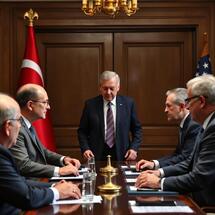-
The Stench of Genocide Still Pervades Kocho
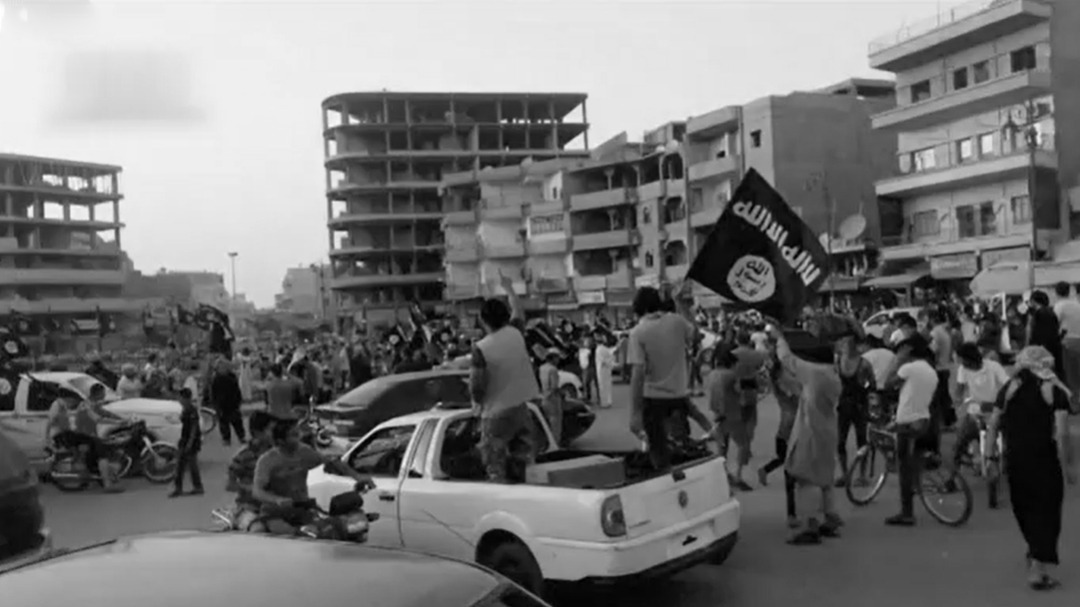
In patrilineal cultures where ethnicity and religion is derived from the father, sexual abuse and rape is systematically used to erase the community and make it irrelevant.
Kocho, categorically, represents the justification given by the Islamic State (ISIS) in its allegation to carry out the genocidal campaign against the Yazidis.
In June 2014 the Islam State (IS) declared the formation of the a caliphate calling on all Muslims to pledge allegiance to Caliph Ibrahim; Abu Bakr al-Baghdadi.
While Christians were spared under the Dhimmi system, Alawites, Shiites, Shabaks and more notably Yazidis had a different kind of treatment.
The Islamic State denounced the Yazidi people as infidels because of their unique religious beliefs.
In the early hours of August 3, 2014, fighters of the Islamic State converged on the Yazidi ancestral homelands of Shingal.
However, the little resistance performed at the two southern villages of Gir Zerik and Siba Sheikh Khidir gave time to people in the whole area to ascend Mount Shingal.
Between August 3- 5, thousands of people were captured in their villages or were caught on roads.
After IS controlled the main roads and all strategic junctions, checkpoints were set up and mobile patrols were sent to search for fleeing Yazidi families. Within hours, Yazidis who had been unable to escape found themselves encircled. On August 6, the Islamic State (IS) announced full control of Shingal. However, for those remained behind the story told an unspeakable version.
Kocho, the hometown of Nadia Murad, a genocide survivor and a Nobel Peace prize laureate, bore the brunt of the sudden invasion, but for what reasons?
Lying at the foot of the Mount Sinjar, some 23 kilometres to the north-western of Shingal, Kocho was surrounded by 12 Arab villages.
On the eve of that day, approximately 1,700 people were living in the village. However, between 400 and 500 made it to the Mount Shingal. The majority, for unknown reasons, remained behind, the village was laid under siege. Kocho was isolated from the outside world.
One version of the story tells, Kocho's residents were led to believe that they might be spared, the other version tells they were given reassurances from their Arab neighbours.
Nonetheless, for almost 12 days, Kocho residents were kept inside their homes pending a solution from frantic negotiations the sole of its kind entered into by Ahmed Jaso, son of the chief (Nayef) of the Mandika tribe in the village, and the IS commander Abu Hamza al-Khatouni, a local from a neighbouring Arab village. Ahmed refused a three- day leeway to either convert to Islam or fade death.
For generations, Yazidis and Arabs lived together in same villages, in Shingal and elsewhere. However, their relations have been strained immensely since 2014.
On August 15, a Friday, and upon the failure of negotiations, or it presumed so, the population- at a gunshot- was rounded up and taken to the secondary school to the north of the village which was serving as the emir's base.
At the school, which is now turned into a museum commemorating victims, men and adults were unfolded and bundled into pick- up vehicles. Taken some distance northward, they were killed on the spot. However, some were not killed instantly, they died of their injuries hours, possibly days, being too seriously wounded to drag themselves away. They succumbed to their agonies.
The remainder were taken to the Technical Institute in the village of Solagh, a south –east village of the city of Shingal.
While boys under seven were spared to be recruited later into the 'Cubs of the Caliphate', unmarried girls, mostly between the ages of 13 and 16, were selected and taken away to be sold as sex slaves.
In the early hours of August 16, those deemed to be past childbearing and heavily pregnant were separated, killed and tossed into a pit, the site which is known now as ''the Mothers' Cemetery,'' while survivors- mostly women and children- were transported to the villages of Qaser Mahrab, Qasel Qio and Khadra, just outside Tal Afar. Anyone who tried to escape was beaten at the first attempt, and executed at the second.
Nearly 400 men were killed on that day while in Solagh, 73 women and 12 children were killed- some buried alive. https://www.timesofisrael.com/islamic-state-said-to-bury-women-and-children-alive/
Specifically intent on de-Yazidization, the Islamic State moved Yazidis deeply to various parts in Syria and Iraq far away from their cultural homelands. At the core of its policy implemented against Yazidis lies the intent to eradicate proper the Yazidi unique culture.
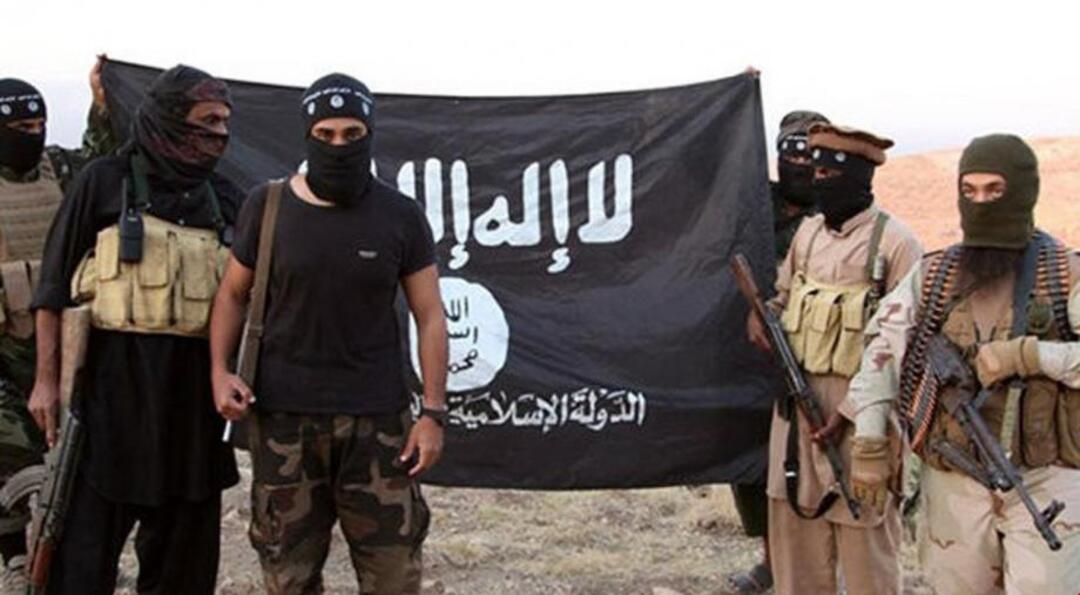
Notably particularly, the Kocho mass murder is the actual realization of the extremist group's ideology against the Yazidi community as a whole. Kocho is a case in point.
Even after converting to Islam, Yazidis were not treated on equal terms with Muslims. They were open to regular counts and were beaten on regular bases and sold time and again.
Although Kocho was liberated years ago, it remains derelict, survivors are still living in IDP camps in the Kurdistan Regional Government and tens of others are still missing in Syria and elsewhere.
The territorial defeat, however, of the Islamic State in Iraq 2017 and then in Syria in 2019 did not ensure the termination of the Yazidi suffering nor did it bring the Yazidi plight to an end.
In 2019 and 2020 the Kurdistan Regional Government, Iraqi Government with the support of the United Nations Investigative Team to Promote Accountability for Crimes Committed by ISIS (UNITAD), exhumed 17 mass graves in and around d Kocho.
In February 2021, bodies of 103 Kocho IS victims were finally laid to rest according to Yazidi religious and cultural rituals and traditions.
In December 2021, remains of another 41 victims were laid to final rest in the symbolic cemetery constructed for the Kocho victims.
https://www.france24.com/en/live-news/20211209-iraq-holds-funeral-for-yazidi-mass-grave-victims-of-is
The village of Kocho has become synonymous with the Yazidi genocide. For the time being, survivors mark time, waiting for justice to be served eight years after the calamity which made the village- among others- a dead one.
BY: Lazghine Ya'qoube
You May Also Like
Popular Posts
Caricature
BENEFIT Sponsors BuildHer...
- April 23, 2025
BENEFIT, the Kingdom’s innovator and leading company in Fintech and electronic financial transactions service, has sponsored the BuildHer CityHack 2025 Hackathon, a two-day event spearheaded by the College of Engineering and Technology at the Royal University for Women (RUW).
Aimed at secondary school students, the event brought together a distinguished group of academic professionals and technology experts to mentor and inspire young participants.
More than 100 high school students from across the Kingdom of Bahrain took part in the hackathon, which featured an intensive programme of training workshops and hands-on sessions. These activities were tailored to enhance participants’ critical thinking, collaborative problem-solving, and team-building capabilities, while also encouraging the development of practical and sustainable solutions to contemporary challenges using modern technological tools.
BENEFIT’s Chief Executive Mr. Abdulwahed AlJanahi, commented: “Our support for this educational hackathon reflects our long-term strategic vision to nurture the talents of emerging national youth and empower the next generation of accomplished female leaders in technology. By fostering creativity and innovation, we aim to contribute meaningfully to Bahrain’s comprehensive development goals and align with the aspirations outlined in the Kingdom’s Vision 2030—an ambition in which BENEFIT plays a central role.”
Professor Riyadh Yousif Hamzah, President of the Royal University for Women, commented: “This initiative reflects our commitment to advancing women in STEM fields. We're cultivating a generation of creative, solution-driven female leaders who will drive national development. Our partnership with BENEFIT exemplifies the powerful synergy between academia and private sector in supporting educational innovation.”
Hanan Abdulla Hasan, Senior Manager, PR & Communication at BENEFIT, said: “We are honoured to collaborate with RUW in supporting this remarkable technology-focused event. It highlights our commitment to social responsibility, and our ongoing efforts to enhance the digital and innovation capabilities of young Bahraini women and foster their ability to harness technological tools in the service of a smarter, more sustainable future.”
For his part, Dr. Humam ElAgha, Acting Dean of the College of Engineering and Technology at the University, said: “BuildHer CityHack 2025 embodies our hands-on approach to education. By tackling real-world problems through creative thinking and sustainable solutions, we're preparing women to thrive in the knowledge economy – a cornerstone of the University's vision.”
opinion
Report
ads
Newsletter
Subscribe to our mailing list to get the new updates!

